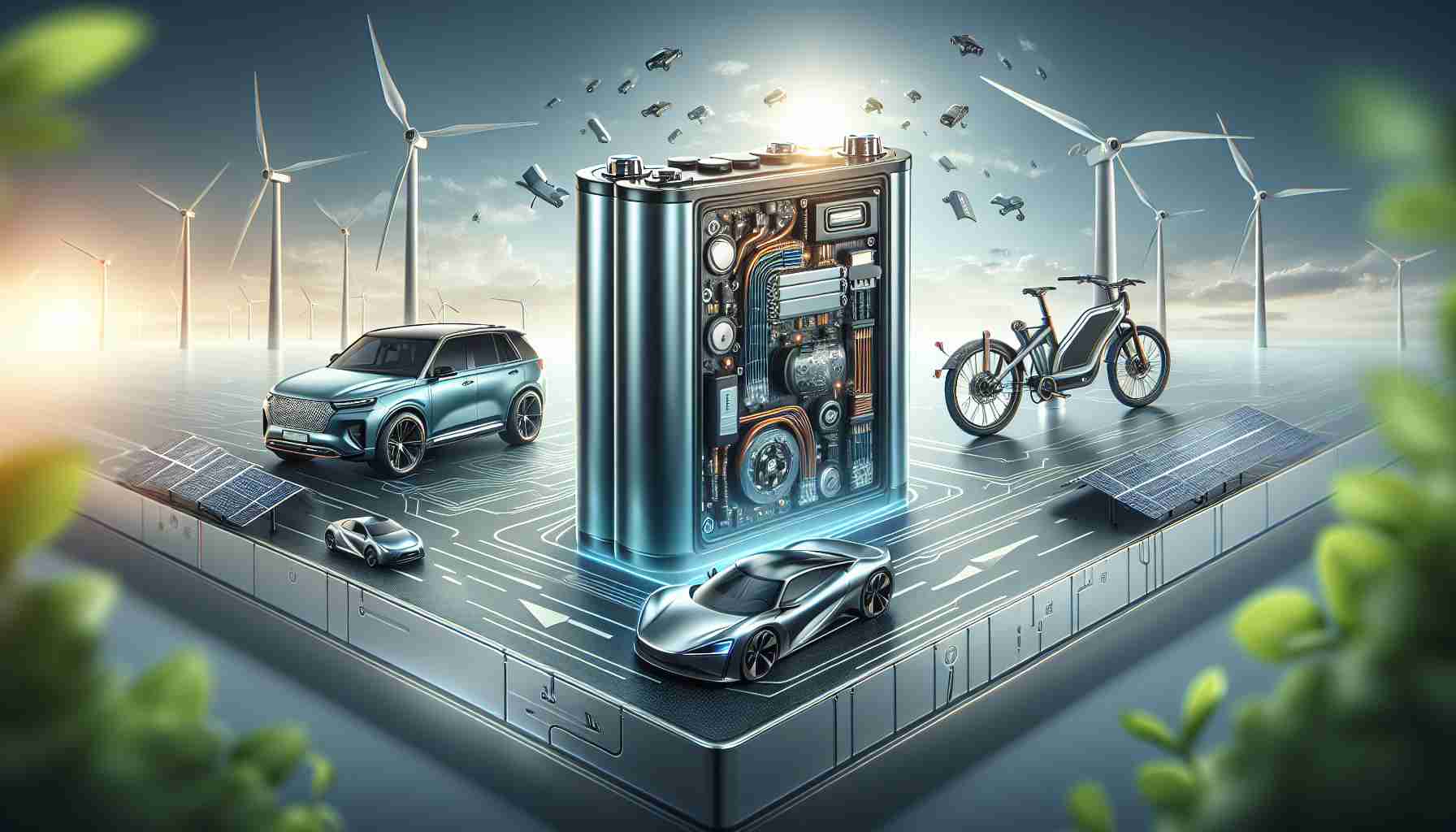Mercedes-Benz Unveils Groundbreaking Battery Transformation Facility
In a groundbreaking development for sustainable mobility, Mercedes-Benz has unveiled a cutting-edge facility dedicated to revolutionizing battery recycling processes. This state-of-the-art plant, located in Germany, implements a revolutionary approach that promises to redefine the future of electric vehicles.
The innovative technology deployed at the plant enables the recovery of essential materials such as lithium, nickel, and cobalt with unparalleled efficiency. By incorporating an advanced mechanical-hydrometallurgical process, Mercedes-Benz aims to achieve a remarkable recovery rate exceeding 96%, setting a new industry standard for eco-friendly practices.
Partnering with industry leaders and academic institutions, Mercedes-Benz has made a significant investment in this pioneering project, emphasizing its commitment to sustainability and environmental stewardship. This initiative not only showcases the brand’s dedication to innovation but also positions Germany as a global leader in sustainable electric mobility.
With a focus on creating a circular economy, Mercedes-Benz is spearheading a transformation in the automotive sector by prioritizing resource conservation and eco-conscious manufacturing practices. This strategic move aligns with the global shift towards sustainable energy solutions, heralding a new era of responsible production in the automotive industry.
The Future of Battery Innovation in Sustainable Mobility
As the automotive industry continues its march towards sustainability, innovations in battery technology play a pivotal role in shaping the future of electric vehicles. While Mercedes-Benz’s recent strides in battery recycling are commendable, there are several key questions that arise in the realm of sustainable mobility:
1. How do advancements in battery innovation impact the overall lifecycle of electric vehicles?
– Advancements in battery technology not only improve the performance and range of electric vehicles but also influence their environmental impact throughout their lifecycle. From raw material extraction to production, use, and eventual recycling, each stage is interconnected and affected by battery innovation.
2. What are the challenges associated with scaling up sustainable battery production?
– One of the main challenges in revolutionizing sustainable mobility through battery innovation is the scalability of eco-friendly production processes. Balancing increased demand for electric vehicles with sustainable manufacturing practices requires continuous investment in research and development.
3. Are there controversies surrounding the sourcing of materials for advanced batteries?
– The procurement of materials such as lithium, nickel, and cobalt for advanced batteries has raised concerns about ethical mining practices, environmental degradation, and social implications. Companies aiming to lead in sustainable mobility must address these controversies transparently.
Advantages of Battery Innovation:
– Enhanced Performance: Improved battery technology leads to longer driving ranges and faster charging capabilities, enhancing the overall user experience of electric vehicles.
– Reduced Environmental Impact: Sustainable battery practices contribute to lower carbon emissions and decreased reliance on fossil fuels, promoting a cleaner environment.
– Circular Economy: By prioritizing battery recycling and resource conservation, companies can establish a circular economy that minimizes waste and maximizes efficiency.
Disadvantages of Battery Innovation:
– Cost Considerations: Developing and implementing cutting-edge battery technology can be financially intensive, potentially increasing the overall cost of electric vehicles.
– Material Sourcing Challenges: Ensuring a responsible and ethical supply chain for battery materials requires meticulous oversight and can pose logistical challenges for manufacturers.
– Technological Obsolescence: Rapid advancements in battery innovation may lead to older technologies becoming outdated quickly, potentially resulting in the disposal of still-functional components.
In conclusion, the pursuit of battery innovation in sustainable mobility heralds a transformative era for the automotive industry. Addressing key questions, overcoming challenges, and navigating controversies will be essential for progress towards a cleaner, greener future of transportation.
For more insights into sustainable mobility and battery innovation, visit Mercedes-Benz.
